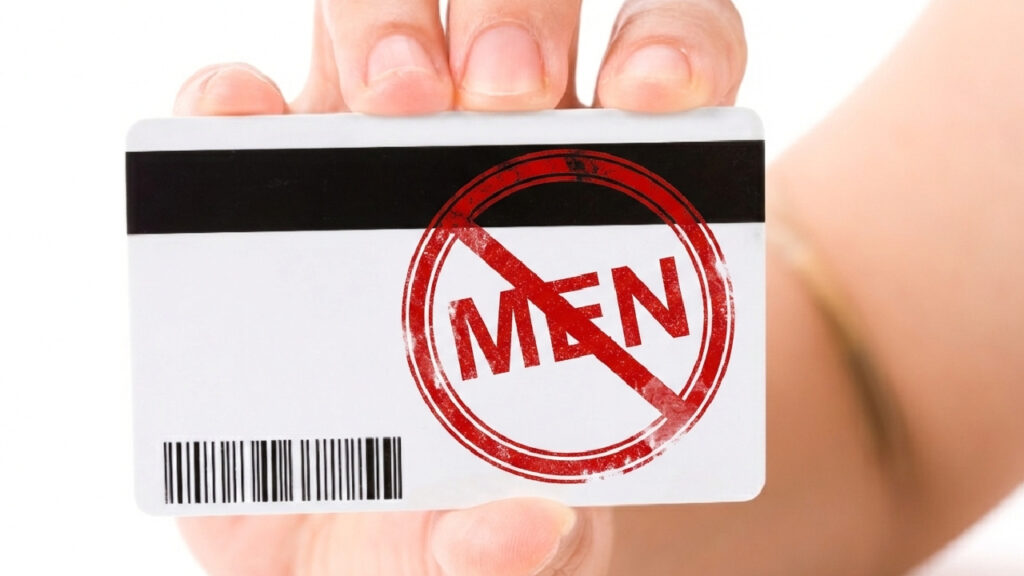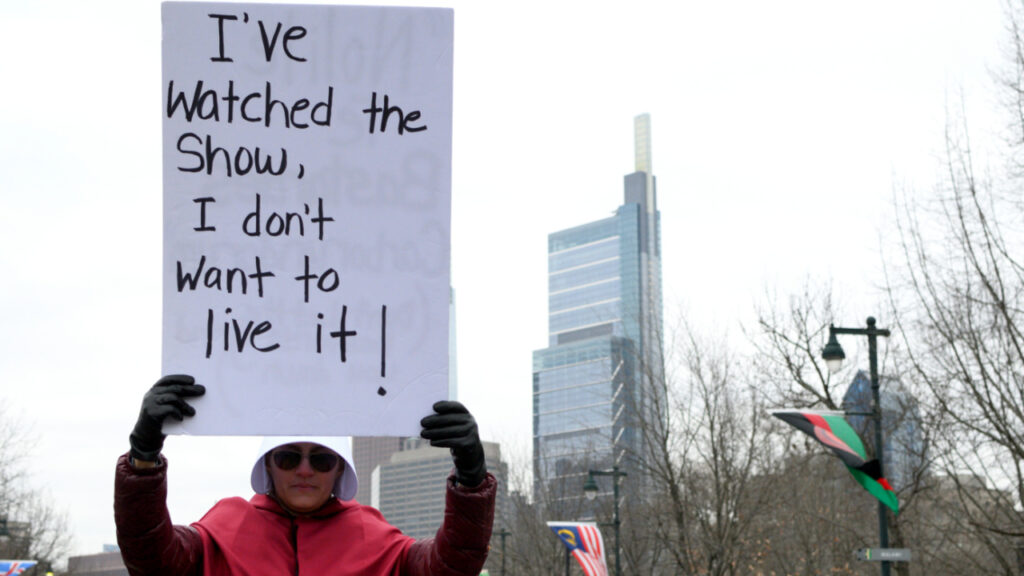
Overcoming PTSD and Taking Control of Your Life, a Latina Veteran Shares Her Story
It is an armor of guilt, a regret you can’t take off even after the fighting. We are talking about Post Traumatic Stress Disorder, or PTSD, and how it affects Latinas in the United States military.
It can be challenging for veterans who suffer from this mental health condition, often triggered by exposure to a traumatic event such as combat, to talk about it.
For Latina military veterans, it’s even more complex
PTSD can lead to decreased quality of life, substance abuse, suicide, and physical problems. However, it carries a set of unique conditions for Latina veterans.
For them, it can be caused by combat, military sexual trauma, feeling alone, and worrying for their families. Religion, acculturation, sexism, and racism also play an essential part.
FIERCE spoke to Myrta Vida, a 45-year-old Puerto Rican veteran, writer, and independent filmmaker, about her experience.
“Yep, this is definitely my experience in every way. But I wasn’t just harassed in every way: I’m a survivor of MST (Military Sexual Trauma). I’ve been diagnosed with PTSD because of this,” she said.
“It’s so complex, the gratitude and disappointment that are concurrently attached to my time in service. It’s nuanced, reaping a few benefits while also feeling betrayed by an institution that was supposed to take care of you.”

The reality of being a woman of color in the military
Vida served in the U.S. Army on active duty from 1998 to 2004. She was a Signals Intelligence Analyst reviewing confidential data and writing intelligence reports. This carried a security clearance.
She served in a joint unit, primarily out of the Lackland Air Force Base’s Medina Annex in San Antonio, TX. She also had temporary duty in Washington, DC.
Vida received an Honorable Discharge and was awarded three medals – 1 JSAM, 1 JCOM, and 2 Good Conduct.
“Being a woman of color in the Military was a mixed blessing. While I’ve always been proud to be a Veteran, the path there was much like treading through wet wool,” she said.
“I encountered every gradient of discrimination: sexism, racism, sizeism. I never felt like I ‘existed properly,’ no matter how good a soldier I was,” she said.
“There was a dog-eat-dog mentality, and a ton of assumptions were made about me because I wasn’t a white man.”
“I wanted to feel proud to represent my people and for young women and girls to see me wearing the uniform with dignity,” she said.

The paradox of representation in the military
According to the Department of Defense, 17.2 percent of active-duty military personnel from all US service branches are Latino. In 2019, 21.39 percent of active-duty enlisted women were of Latino origin.
The National Association of American Veterans states that more Latinas are serving in the Army than Latino men. Yet, there is more research done on the effects of PTSD on Latinos than on Latinas.
“Don’t get me wrong, there are many, many good folks in the military, and the U.S. Army is the finest in the world. I truly believe that,” she said.
“But for an overwhelming majority of the time, I was made very aware that it was a space designed and meant for men, especially white men. And, mind you, I was one of the lucky ones who never saw combat. Most of what I did was Support.”
Since 2001, Latinas have represented more and more reserve recruits. Many saw the Armed Forces as a way towards a better future.
FIERCE asked Vida what prompted her to enlist.
“When I was 16 (way before the Affordable Care Act), Mami had a pretty debilitating stroke. She couldn’t work, and trying to secure medical benefits for her in Puerto Rico was a herculean task,” she said.
“I joined the military the second I could to try and make her my dependent and try to have her medical needs met. Enlisting and having served opened up some pretty unexpected doors for me.”
“It was a pathway out of poverty. While I had familial motivations to enlist, it was a decision that shaped my life in tremendous ways, both good and bad,” she said.

But, for many Latinas, the US Armed Forces are not always a safe harbor
Incidents of sexual assault and violence against women, especially Latinas, in the U.S. military are not sporadic acts. They have become a systemic problem.
According to a Pentagon survey, in 2021, sexual abuse in the military rose by 13 percent. Some 8.4 percent of women and 1.5 percent of men noted they had experienced unwanted sexual contact.
The cases of Ana Basaldua Ruiz and Vanessa Guillén, both of whom died after being sexually harassed, are but two examples.
It’s such a problem that in 2020, LULAC (League of United Latin American Citizens) President Domingo Garcia called for Latinas not to join the US military until authorities solved Guillén’s disappearance.
The hypersexualization of Latina women in the military
“There’s always been this assumption that Latinas are hyper-sexual and “spicy,” Vida said.
“I was sexually harassed at least a few times a week for the entire six years I was in. Because I was Latina, I ‘wanted it,’” she explained.
“For a while there, I started binding my breasts (I’m a natural DD) in hopes of not attracting so much attention. Looking back, I can’t believe I was made to literally modify my body because the men around me — all soldiers at work, just like me — ‘couldn’t control themselves,’” she said.
“I remember an NCO (Non-commissioned officer), a Sergeant who was in charge of our Squad, said in front of a full Platoon of Soldiers in formation for morning PT (Physical Training) that I just needed to “find the right dick to knock [me] up.’”
“He said this out of the blue, out loud, for everyone to hear. We had just assembled, and he just singled me out, unprompted,” Vida remembered. “Some of my fellow soldiers hoot and hollered. I remembered someone saying, ‘That’s right, what are you waiting for?’”
No one was admonished for this, Vida said. It was almost as if her fellow soldiers, both male and female, were “disappointed I was making decisions that challenged their assumptions about how Latina women are meant to live their lives.”

For Vida, living with PTSD is a work in progress
“I’m still processing what happened to me,” she said. Although the military granted her privileges and opportunities she didn’t even know existed, “I also had a lot of bad things happen.”
“I’ve been going to therapy for over a decade now. I will probably go to therapy for the rest of my life,” Vida said.
The Latina veteran confessed that PTSD controls much of her life. Vida survives a strange relationship with her body and some pretty disorienting bouts of dissociation.
“So many other women Veterans I’ve befriended shared with me about how they suffer through bouts of everything: body dysphoria, disordered eating, anxiety, depression, insomnia, STDs,” she said.
“So many don’t or can’t talk about it outside our safe spaces.”




